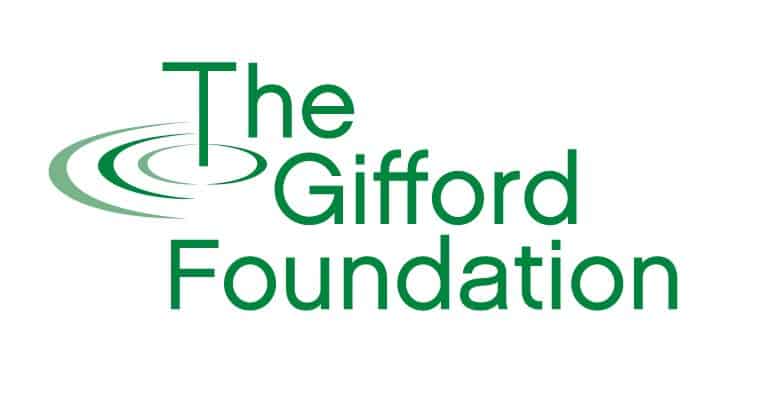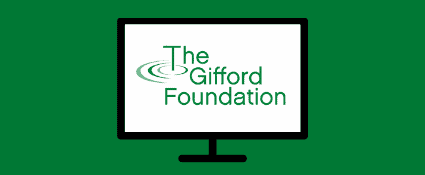Planting the Seeds for Organizational Growth
A story of how harmony between staff and board led to explosive growth for a grassroots nonprofit.
Published November 14th, 2022
When Jacob Gigler-Caro joined Salt City Harvest Farm (SCHF) in early 2020, he was the only full-time employee at the organization. Juggling the roles of Executive Director and Farm Manager simultaneously, he was faced with a daunting task that so many leaders in the nonprofit world must overcome: find a way to keep the organization running smoothly while planting the seeds for future growth and sustainability – all with a shoestring budget and minimal staff.
Less than three years later, the situation has changed. A large multiyear federal grant has enabled SCHF to nearly triple their annual budget, while a collaboration with Syracuse University’s Newhouse School has yielded tens of thousands of dollars’ worth of complimentary marketing materials including a state-of-the-art website redesign. How did they achieve such a turnaround?
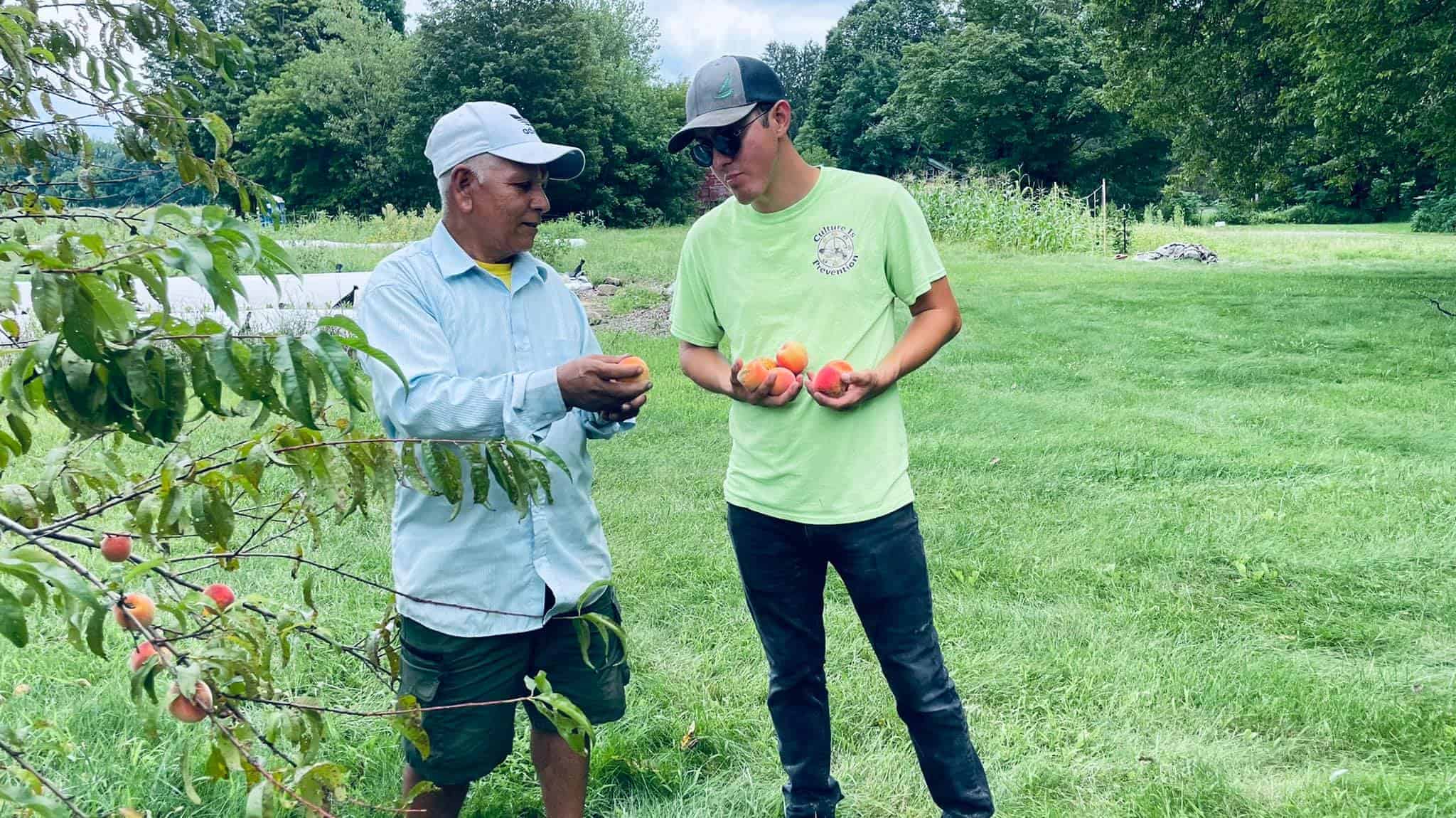
Jacob Gigler-Caro (right) is the Executive Director for Salt City Harvest Farm. Before moving to CNY to pursue that opportunity, he had worked on farming projects and community gardens in Chicago, California, Wisconsin, and North Carolina.
“We are an organization that is primarily focused with providing land access, education, and economic opportunities for the New American community through growing food,” says Salt City Harvest Farm Executive Director Jacob Gigler-Caro. “Our tagline is growing food, culture, and community through this cross-cultural exchange of food traditions.” Currently, 22 individuals and families who have moved to Central New York from around the world are engaged at the farm, raising crops for their own consumption or to sell at the market.
“You might have four different languages being spoken all within touching distance of each other, and it’s all happening simultaneously,” says Jacob. Many New Americans come from agricultural backgrounds, so connecting them with access to farmland here can be an accessible way for them to improve their access to fresh foods or to earn income by selling the produce they grow. In 2021, 27 farmers grew a combined 15,000 pounds of produce – equaling more than 555 pounds of fresh food per person.
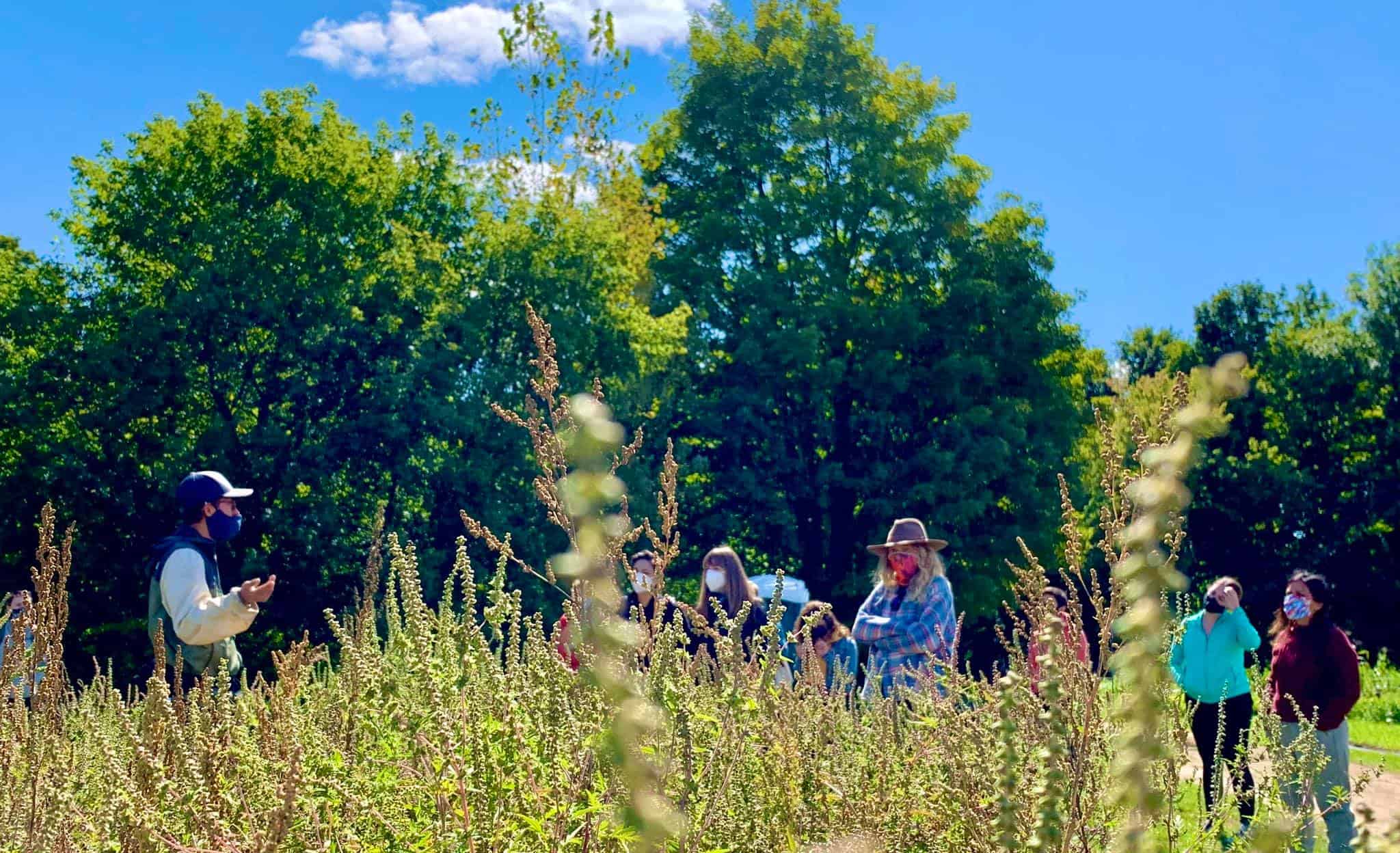
Salt City Harvest Farms provides access to farmland to New Americans, many of whom come from agricultural backgrounds.
“The refugees who have a direct connection to land and farming in their homeland know how to grow food, and they know how to do so in a much different way than the conventional agricultural model in the United States,” says Jacob. He explains that SCHF is located alongside farms run by rural New York farmers, and that this juxtaposition opens the door for cross-cultural exchange. “COVID has limited the ability to interact with other local farmers, but with this new project that we are launching in 2023 – that’s at the core of it: how do we connect the farmers to other agricultural producers to learn from them, to teach them?”
The cross-cultural exchange project Jacob is referring to is driven by a nearly $500,000 grant, spread out over three years. This award is far and away the largest that Jacob or SCHF had ever applied for, and represented the culmination of a successful partnership between executive leadership and the board of directors. “The board really allowed me to prioritize my time at the beginning of the farming season to really work on this grant,” says Jacob, “It was a wild ride, to be honest. It was the first big federal grant we were submitting.”
Preparing a proposal of this magnitude and navigating the Grants.gov online platform presented new challenges for SCHF. Fortunately, the board stepped up to assist Jacob through a divide and conquer approach. Dennis, their treasurer, helped create the budget, estimate costs, and connect everything back to the program outline. He was also instrumental in setting up their profile on the government website. Matt Potteiger, their Board President, also worked closely with Jacob to help tell the story of what they were proposing. “[Matt] really spent a lot of time having meetings with me to help create and draft what our paid apprenticeship program would look like. We broke up the writing where he took on certain sections and I took others. It’s a 20-page narrative grant, so there was a lot of writing involved.”
Another ally in helping bring the grant proposal across the finish line was one of Jacob’s past employers. The supervisor, who Jacob had kept in touch with, had experience serving as a reviewer for past federal grants and had also written several large proposals himself. Jacob was able to gain additional insights from him as to how to avoid common mistakes and structure the proposal in a way that the judges would find most appealing. Even with their combined efforts, preparing the proposal was a major lift with many roadblocks. The grant request ended up being submitted on the day of the deadline, just five hours before the official cut-off.
Through funding from The Gifford Foundation, SCHF has been working with consultant Patty Weisse since the spring of 2021 to improve board engagement and help the organization set clear goals for growing their services and strengthening their systems. “We have been working really closely with Patty Weiss, and she has been coaching me as ED to really grow this organization. She also provided a lot of feedback and input on the grant and helped me write it as well.”
Although some of Patty’s work involved direct assistance with developing the grant proposal, the majority of her support has been aimed at establishing best practices within their leadership and governance structures.
This promotional video was one of the many resources created for Salt City Harvest Farm as part of the Pixels and Print program through Syracuse University’s Newhouse School.
“Patty really saw that we were at this point in nonprofit lifecycles, in that border between startup and growth,” says Jacob – referring to the Nonprofit Lifecycles approach to capacity building. “She has been really instrumental in getting us to look at our bylaws, and seeing how they are working for us and how they are working against us. For example, she noticed that we had no term limits and pointed out, ‘You should not have board members who stay on for twenty years.’” She would also help ensure that staff and board members were clear about which responsibilities fell upon whose shoulders – reminding board members which decisions were theirs to make versus which were under Jacob’s jurisdiction as Executive Director.
Her most recent assignment was for SCHF to grow their board by adding two new members each quarter over the next year. Their two most recent additions, Camille Marcotte and Gul Ahmad Hamidi, have been attending the Board Development Series hosted by The Gifford Foundation and the Community Foundation of CNY. “I’m hoping that by completing [the Board Development Series] I can bring that knowledge back and really see if we are fulfilling the roles we should be filling – and if not, how can we improve that,” says Camille. “We have grown to a new level with this grant which offers longer term funding and sustainability. We are hiring more staff, and trying to figure out how we can build clear boundaries around operations versus governance as we onboard more people.”
Another milestone for SCHF came when their Board President heard about a program at Syracuse University’s Newhouse School called Pixels and Print, where nonprofits and businesses can apply to receive a massive in-kind grant of communications resources. Over 48 hours, 40 students split into teams to give the selected agency a marketing makeover. After learning about the opportunity from his board, Jacob applied on behalf of SCHF and was accepted.
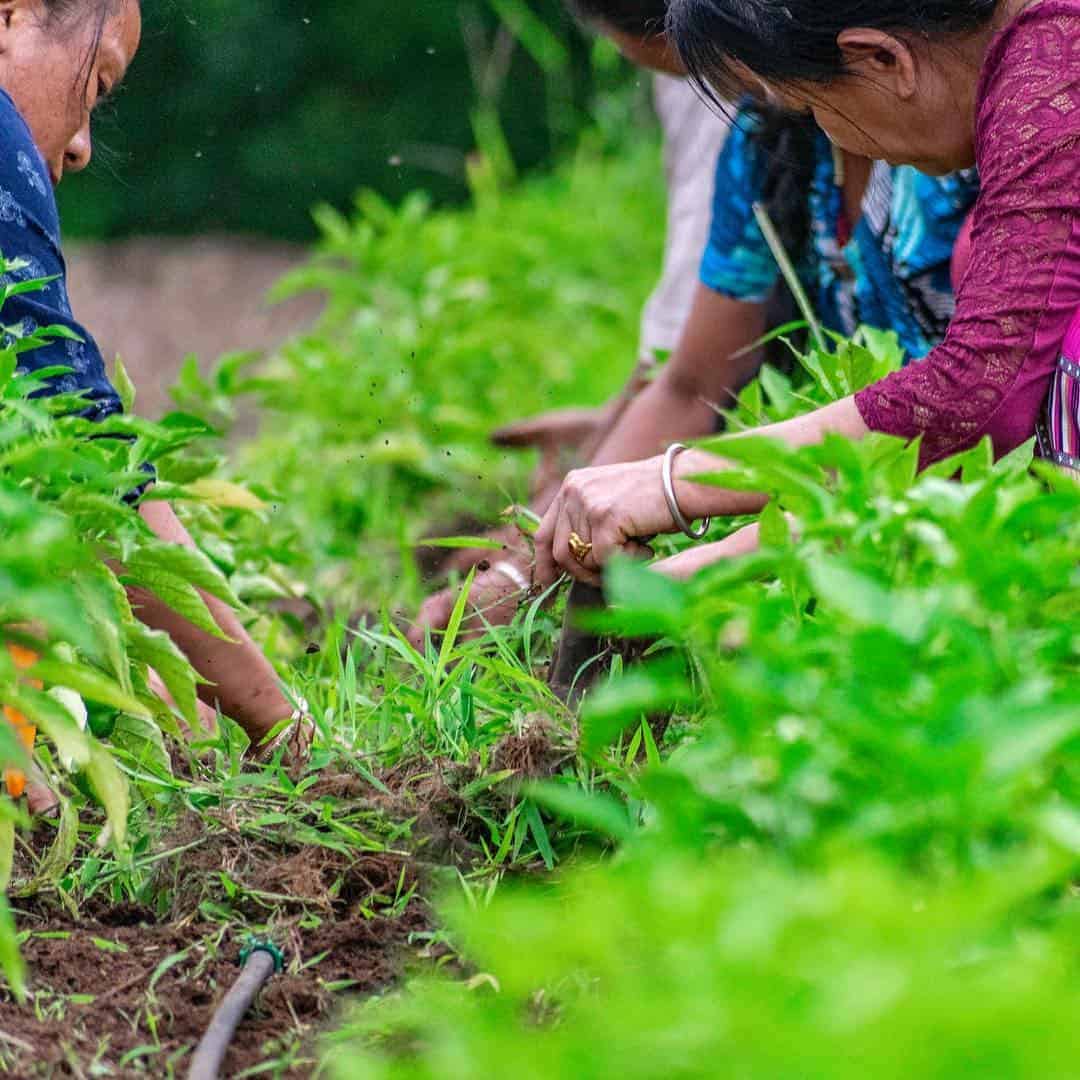
Moving forward, Salty City Harvest hopes to create a space for New Americans to connect with established farmers in CNY as a way of exchanging agricultural techniques and perspectives.
“We were selected for it and then over a weekend in March, 42 students came together over a 48-hour period and essentially designed about $50,000 worth of marketing materials for Salt City Harvest Farm. They built us a new website, there’s a little explainer video they made for us, they redesigned our logo, made templates for brochures, and other materials.” They also spent time training Jacob, who has a background in using WordPress, how to keep the website updated himself. “That Pixels and Print event in March really gave us the energy to keep pushing. You go from being burnt out to saying, ‘Yes! Let’s keep this going!”
SCHF has accomplished quite a lot over the past two years, and it is tempting to focus on their $500,000 federal grant award and Pixels and Print marketing grant as the highlights. However none of this would have happened if they had not first established strong communication and collaboration between their board and their Executive Director:
- Jacob’s transparency about his own needs allowed the board to support him in requesting that The Gifford Foundation fund a consultant.
- The board’s willingness to lend their own talents to the grant writing process helped ensure the project was completed properly and on time.
- Jacob’s willingness to tap into his own network allowed for free third-party advice on their grant proposal.
- The Board President’s knowledge of the Pixels and Print award led him to connect that opportunity back to SCHF so they could apply.
Do you feel you have something to offer Salt City Harvest Farm as they work to provide more New Americans with land access and the sharing of cross-cultural agricultural knowledge? If you are interested in volunteering, donating, or applying for a board seat with SCHF, contact Jacob Gigler-Caro at info@saltcityharvest.farm.
